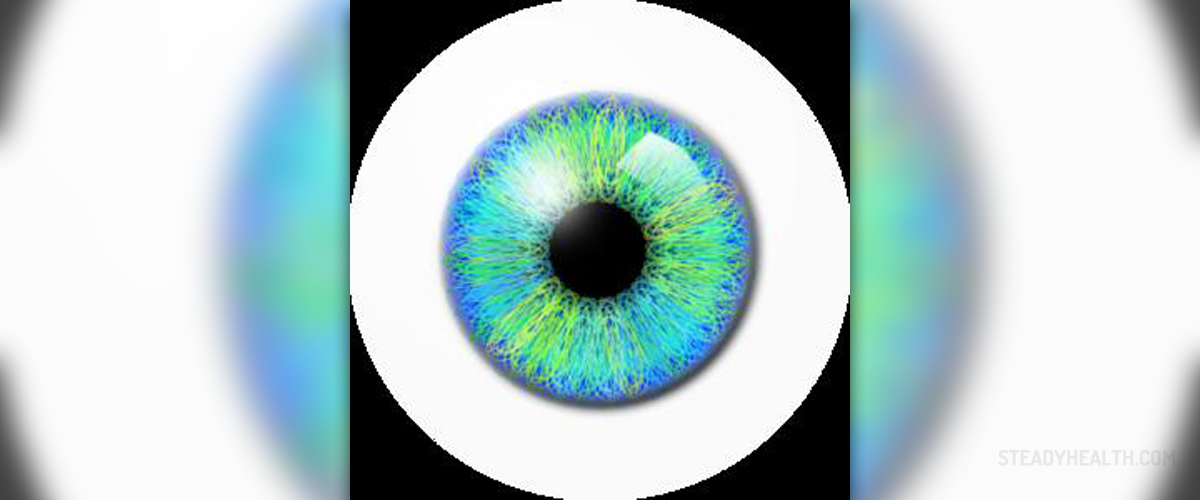
LCA Leber Eye Disease
LCA Leber eye disease is an inherited condition characterized by a loss of vision that takes place during the child's first year of life. The disease belongs to a group of retinal dystrophies and is actually the most severe one of all members of this group. LCA Leber eye disease is transmitted from parents in an autosomal recessive way. There is only one gene defect, but it is responsible for inadequate production of proteins that are in charge with maintaining the health of retinal cells.
LCA Leber Disease Symptoms and Signs
The symptoms and signs of this condition occur within the first year of the child's life and cause reduced vision. Nystagmus and photophobia are frequently reported.
Many patients are diagnosed immediately after birth or within the first months of life. They may develop total blindness or suffer from greatly impaired vision.
Some patients are prone to poking their eyes. In certain cases a child additionally suffers from neurological disorders. Mental impairment may occur as well along with certain sleep disorders.
Since LCA Leber disease is genetic the only treatment option, unfortunately unavailable yet, is gene therapy.
LHON Leber Disease
LHON hereditary Leber eye disease is another genetic disorder, but unlike LCA Leber disease, there are other gene defects responsible for the illness. It seems that 20 different gene may be connected to this medical condition. As a result of gene defects, certain parts of the optic cells are unable to produce necessary energy which eventually leads to death of these cells.
LHON Leber Eye Disease Symptoms and Signs
Initially, there may be eye pain or mild discomfort. Numbness and tingling are reported as well. Some patients additionally complain about headache, vertigo and general nervousness. Patients typically lose their central vision within the period of 2-8 weeks.
Apart from experiencing central scotomas, patients suffering from LHON Leber eye disease also complain about color vision loss.LHON Leber Eye Disease Treatment options
There is no efficient treatment for this form of Leber disease as well. Some doctors opt for vitamin therapy which seems to be helpful for certain number of patients.
However, since scientists have identified certain substances which may contribute even more to damage of optic cells, these are supposed to be avoided at all times. Substances toxic to retina are tobacco smoke, alcohol, some antibiotics, chemotherapeutics, antiviral drugs (especially those prescribed for patients with AIDS), anti-malarial drugs, certain heart and blood pressure medications and antiepileptic medications. Fumes from paints, varnishes, hair dyes as well as stress related chemicals may be detrimental too.



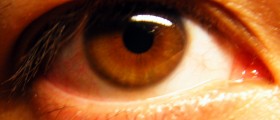
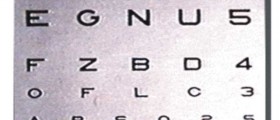
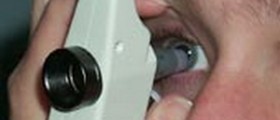
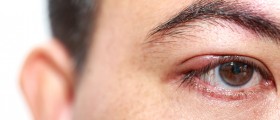
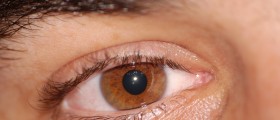
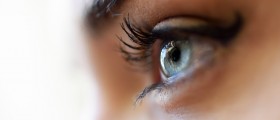
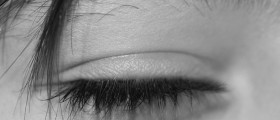
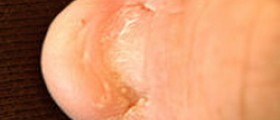

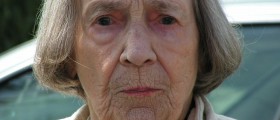

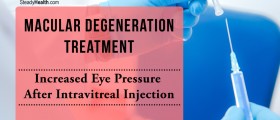


Your thoughts on this
Loading...